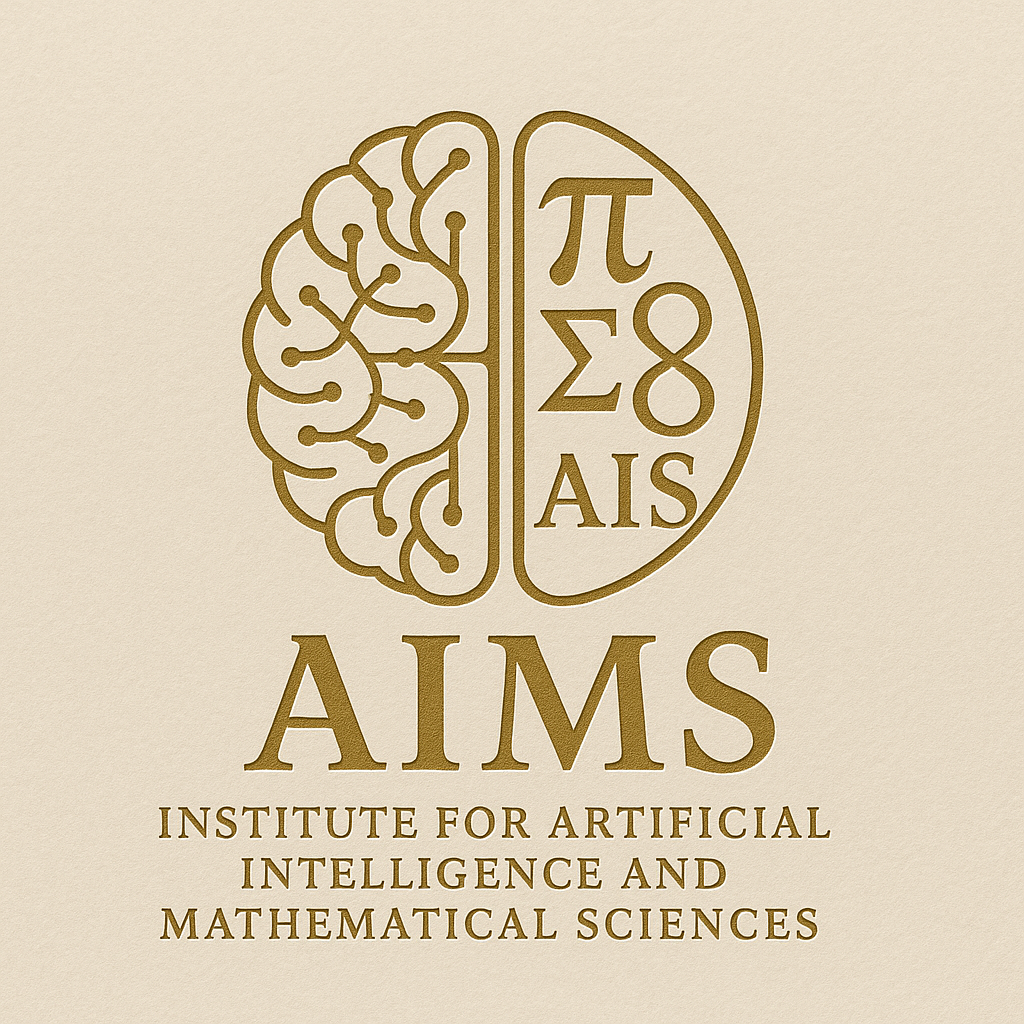
Galois Theory and Arithmetic
Seville, July 15-19, 2024
Organizers
Sara Areas de Reyna, University of Seville
Tony Shaska, Oakland University
Deadline for submitting abstracts
All abstracts must be submitted .........
List of participants (not yet complete)
Topics and motivation
Overview
The legacy of Galois was the beginning of Galois theory as well as group theory. From this common origin, the development of group theory took its own course, which led to great advances in the latter half of the 20th century.
The first question is whether all simple groups occur as Galois groups over the rationals (and related fields), and secondly, how can this be used to show that all finite groups occur (the Inverse Problem of Galois Theory). What are the implications for the structure and representations of the absolute Galois group of the rationals (and other fields)? Various other applications to algebra and number theory have been found, most prominently, to the theory of algebraic curves (e.g., the Guralnick-Thompson Conjecture on the Galois theory of covers of the Riemann sphere).
All the above provides the general theme of this mini-symposia: the beauty and power of group theory, and how it applies to problems of arithmetic via the basic principle of Galois.
This conference continues a major line of work about covers of the projective line (and other curves), their fields of definition and parameter spaces, and associated questions about arithmetic fundamental groups. This is intimately tied up with the Inverse Problem of Galois Theory, and uses methods of algebraic geometry, group theory and number theory. Here is a brief summary of some highlights in the area:
The classification of finite simple groups was announced around 1980; Fried, Matzat, Thompson and others begin to explore applications to the Inverse Galois Problem. \item Thompson (1984) realizes the monster, the largest sporadic simple group, as a Galois group over the rationals. All other sporadic simple groups follow, with one exception ($M_{23}$). More generally, Malle, Matzat, Fried, Thompson, Voelklein and others construct covers of the projective line defined over the rationals, by using rigidity, Hurwitz spaces and the braid group, in order to realize simple (and related) groups as Galois groups over the rationals. One is still far from realizing all simple groups.
Harbater and Raynaud win the Cole Prize in 1995 for solving Abhyankar's Conjecture on unramified covers of affine curves in positive characteristic. \item The Guralnick-Thompson Conjecture on monodromy groups of genus zero covers of the projective line: Proof completed by Frohard and Magaard in 1999, building on work of Aschbacher, Guralnick, Liebeck, Thompson and other group-theoretists.
The MSRI semester Galois groups and fundamental groups, fall '99, organized by Fried, Harbater, Ihara, Thompson and others, defines the area, its methods, goals and open problems.
The mini-symposia in Seville will be a continuation of our modest efforts to revive the Inverse Galois group, which started in 2022 with an online conference. If you are interested in attending the conference in Seville or want to be kept updated with our efforts please fill the form below.
